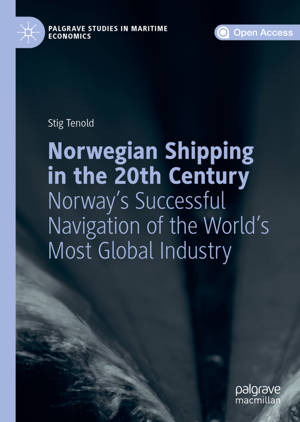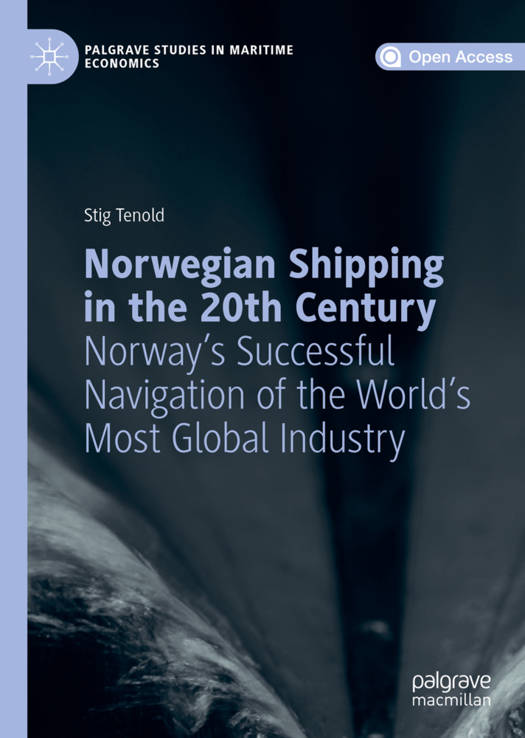
- Retrait gratuit dans votre magasin Club
- 7.000.000 titres dans notre catalogue
- Payer en toute sécurité
- Toujours un magasin près de chez vous
- Retrait gratuit dans votre magasin Club
- 7.000.000 titres dans notre catalogue
- Payer en toute sécurité
- Toujours un magasin près de chez vous
Norwegian Shipping in the 20th Century
Norway's Successful Navigation of the World's Most Global Industry
Stig TenoldDescription
This book is open access under a CC BY NC ND 4.0 license.
This book belongs to the Maritime Business and Economic History strand of the Palgrave Studies in Maritime Economics book series.
This open access book discusses how Norwegian shipping companies played a crucial role in global shipping markets in the 20th century, at times transporting more than ten per cent of world seaborne trade. Chapters explore how Norway managed to remain competitive, despite being a high labour-cost country in an industry with global competition. Among the features that are emphasised are market developments, business strategies and political decisions
The Norwegian experience was shaped by the main breaking points in 20th century world history, such as the two world wars, and by long-term trends, such as globalization and liberalization. The shipping companies introduced technological and organizational innovations to build or maintain a competitive advantage in a rapidly changing world.
The growing importance of offshore petroleum exploration in the North Sea from the 1970s was both a threat and an opportunity to the shipping companies. By adapting both business strategies and the political regime to the new circumstances, the Norwegian shipping sector managed to maintain a leading position internationally.
Spécifications
Parties prenantes
- Auteur(s) :
- Editeur:
Contenu
- Nombre de pages :
- 327
- Langue:
- Anglais
- Collection :
Caractéristiques
- EAN:
- 9783319956381
- Date de parution :
- 11-12-18
- Format:
- Livre relié
- Format numérique:
- Genaaid
- Dimensions :
- 148 mm x 210 mm
- Poids :
- 703 g







